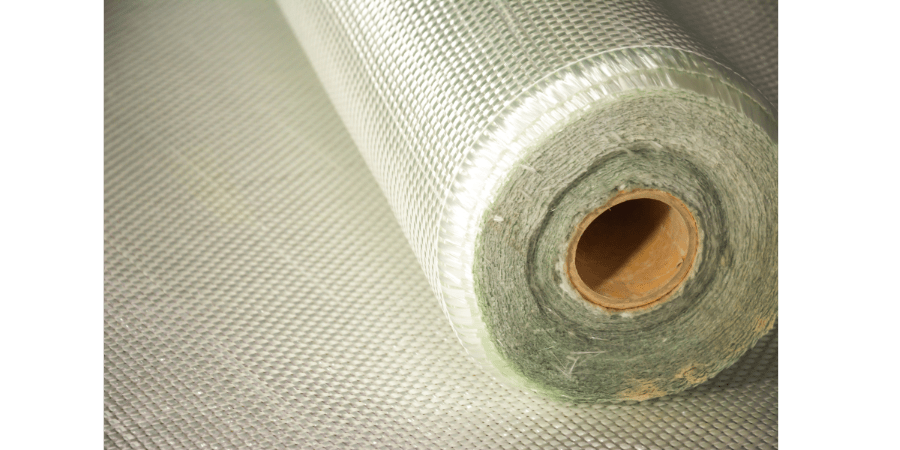The Importance of Fiberglass in Modern Craftsmanship
Discover why fiberglass is the preferred choice for creating lightweight and durable idols with superior performance, trusted by every skilled fiberglass statue maker for its strength, finish, and longevity.


What Is Fiberglass?
Fiberglass is a man-made product that is composed of natural ingredients such as sand and recycled products like window glass and bottles. The ingredients are melted and spun to create small strands of fiberglass that together form “glass wool”. Fiberglass is pure white in its virgin state.
The use of fiberglass is very advantageous because fiberglass does not conduct heat or cold and it keeps the temperature constant. It doesn’t expand or contract significantly, which makes fiberglass resistant against thermal breaks. Fiberglass does not conduct electricity, making it safe to use in decorations with electrical circuits.
All these advantages make fiberglass a durable, strong, and lightweight material with superior performance characteristics. That’s why every skilled Fiberglass statue maker relies on it—ensuring your ordered idol remains almost unbreakable, easy to handle, and comes with minimal weight.
Unmatched Strength and Durability
Fiberglass is a very durable and strong material. In construction works, sometimes steel replaced by fiberglass to lower construction weight by maintaining the strength.


Sustainable and Eco-Friendly
Resistant to Corrosion


